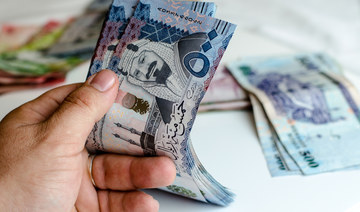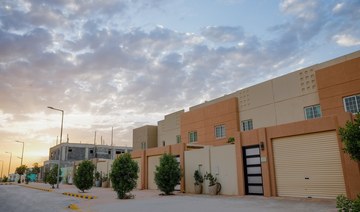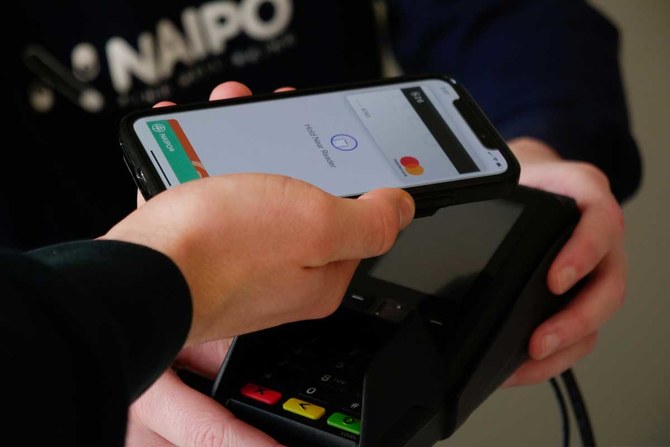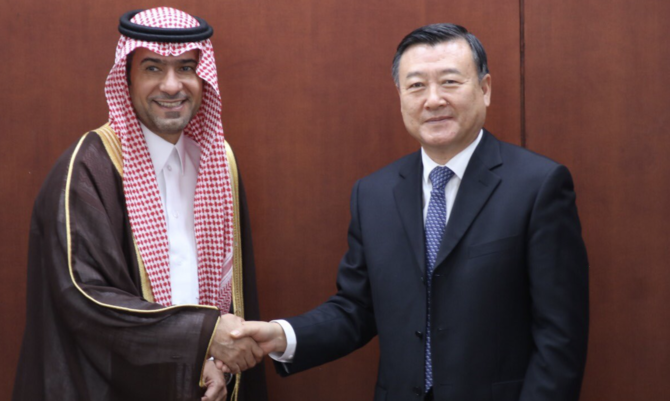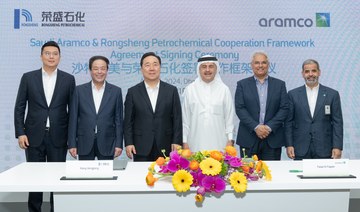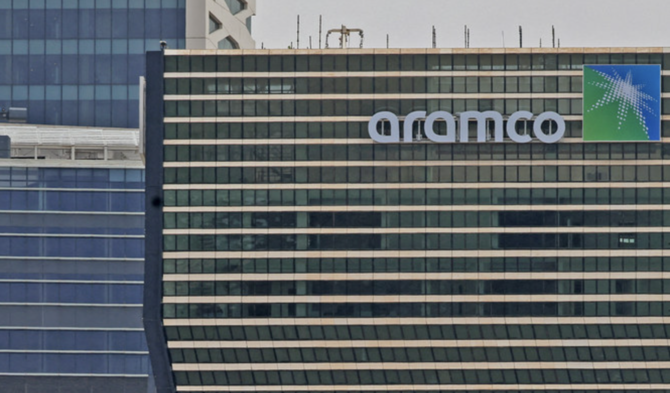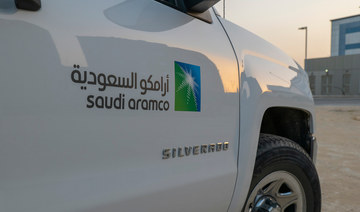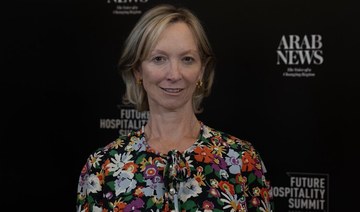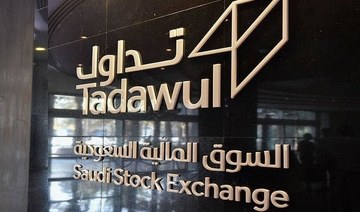RIYADH/JEDDAH/DUBAI: Assets held by the Saudi Central Bank saw an increase of SR23.5 billion ($6.2 billion) month-on-month to SR1.872 trillion in August 2021, according to data released by the Saudi Central Bank.
When compared to August 2020, SAMA’s assets grew by SR35.9 billion ($9.5 billion).
The central bank recorded a drop in bills and repurchase agreements in August, which is a good sign for the Saudi economy, said Mohamed Ramady, an independent London-based economist. He said that it means the Saudi banks are investing more outside (of SAMA), “instead of placing their surplus deposits overnight with the central bank and SAMA is also not borrowing from banks, crowding out the private sector.” SAMA’s reserve assets, the special drawing rights underwent a remarkable rise, growing by over 160 percent this month.
This reflects Saudi Arabia’s “fairly sizable contribution” to help third-party countries.
SAMA data showed that commercial banks’ net foreign assets increased by 8.16 percent to reach SR58.43 billion in August.
Bank claims on government experienced an increase as well by SR10.74 billion to reach SR465.32 billion in August, reflecting a 2.36 percent growth rate. Moreover, bank claims on nonfinancial public sector enterprises increased by 5.25 percent, moving from SR88.43 billion in July to SR93.07 in August. This is contrasted by the very slight increase in bank claims on the private sector, amounting to a mere 0.56 percent growth rate.
Ramady said: “These shifts in lending patterns can be explained by the Saudi commercial banks’ interest in new government projects, such as the Red Sea Development Co. and NEOM.”
Claims on private sector
Commercial banks’ claims on the private sector grew by SR10.96 billion to reach SR1,956.29 billion in August.
This rise represents a month-on-month increase of 0.56 percent, the figures revealed, with a quarterly growth rate of 3.33 percent.
Saudi central bank data also showed a SR2.10 billion drop in commercial banks’ assets by — a 0.1 percent decline from July.
More Saudis have taken out new mortgages in August after a slight pick up in lending witnessed in July, official data showed.
Total contracts reached 22,121 worth SR10.12 billion in August of 2020.
Remittances
Remittances of non-Saudis reached SR13.7 billion in August, a 9.8 percent increase from the month before.
Data from the central bank showed the payments were up from SR12.5 billion in July, reversing the 7 percent drop in the previous month.
External debt
The gross external debt in the second quarter of 2021 amounted SR959,544 million compared to SR 923,325 million in the first quarter, increasing by 4 percent, the data showed.
The general government long-term debt securities, and the general government loans remained the same in the second quarter, while central bank short-term currency and deposits decreased by 16.4 percent in the second quarter of 2021, amounting to SR 6,974 million compared to SR 8,344 for the first quarter of the year, by a decreasing amount of SR 1,370 million.




